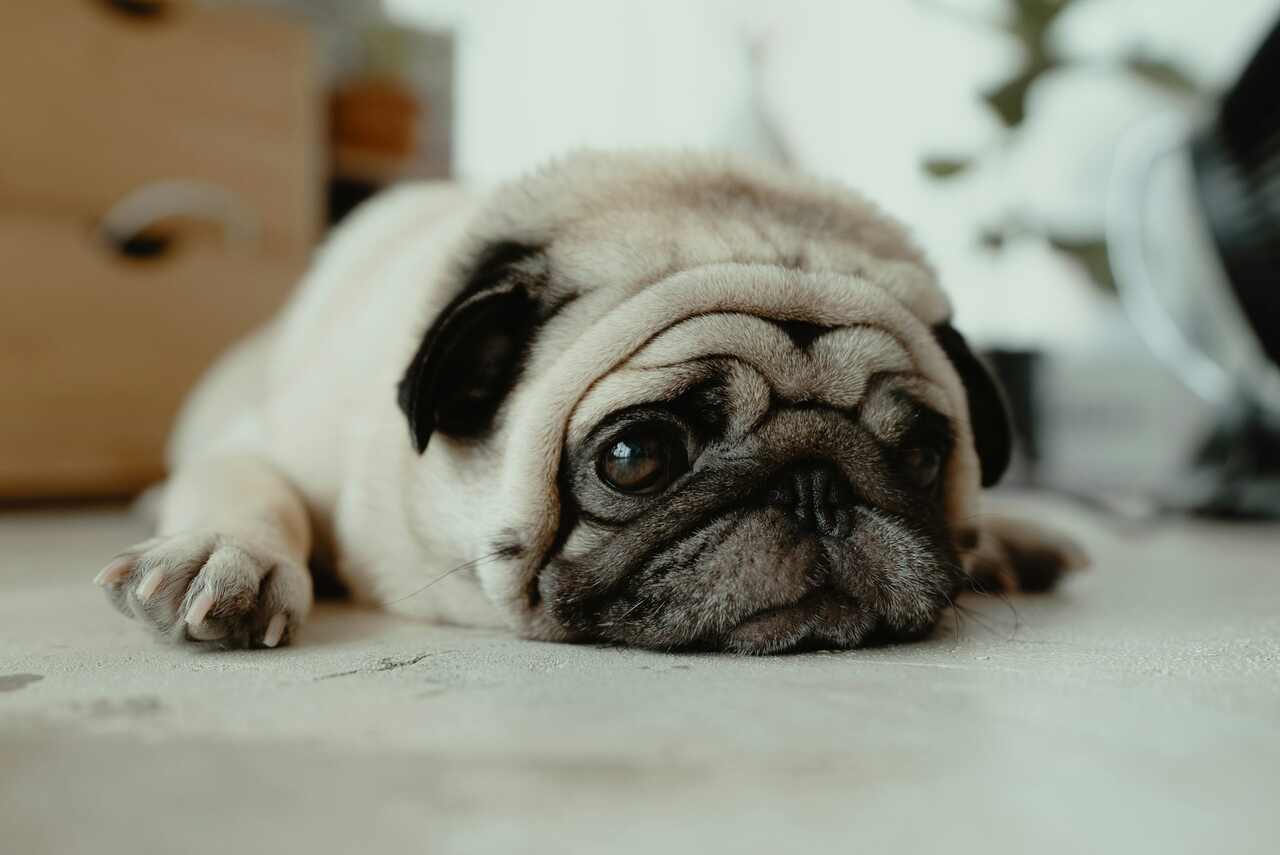
The advances in Veterinary Medicine over the past decades have helped minimize the metabolic consequences that occur in pets’ bodies with the onset of certain diseases, promoting quality of life and delaying the progression of the condition.
+ Video shows impressive ballet of starlings in the skies of Italy
According to Letícia Tortola, Veterinarian and Coordinator of Scientific Communication at Royal Canin Brazil, the Veterinarian usually conducts a detailed evaluation during a routine consultation for early diagnosis. “Treatment together with appropriate nutritional support for each condition can help maintain the patient’s well-being and minimize symptoms,” she explains.
Among the different conditions that can affect cats and dogs and where nutrition plays a fundamental role, we can mention those that occur in the lower urinary tract, which includes the ureters, bladder, and urethra. Infections, bladder stones, and incontinence are some of the problems, and the most common clinical signs, although varied, are: decreased appetite, weakness, apathy, pain or straining to urinate, blood in the urine, and loss of vitality. Among the main risk factors for lower urinary tract conditions are:
Obesity
This condition is associated with chronic inflammation in animals, as well as in humans. In addition, obese cats and dogs are more predisposed to develop urinary problems.
Tailored exercise and nutrition can help prevent obesity, and the veterinarian is the professional who will recommend the type and amount of exercise and food that are suitable for each animal.
Low water intake
Increased urine concentration due to low water intake and, consequently, low urine elimination from the bladder may predispose to sediments present in the urine and the formation of stones. It is important that the owner ensures constant access to clean water and includes strategies for adequate water intake in the pet’s routine.
Incompatible diet
Certain foods can influence factors such as pH and mineral concentration in the urine and, consequently, predispose to the formation of bladder stones. Therefore, it is essential that the pet receives appropriate nutrition and guidance from a Veterinarian from the beginning of life.
Keeping an eye on pet health, ROYAL CANIN® maintains its active participation in industry events with the aim of providing information to Veterinarians, students, and owners, as well as supporting the promotion of research and science.
As part of this commitment, this year, the brand sponsors the Veterinary Nephrology and Urology program, coordinated by the Brazilian College of Veterinary Nephrology and Urology (CBNUV), at the 5th edition of the VET en Foco Congress, which takes place on April 23, 24, and 25, in Campinas (SP), Brazil.
The event is held together with the SuperPet Fair and brings together the best names in Veterinary Medicine in the country. On this occasion, novelties and important topics in the areas of nephrology and urology, dermatology, cardiology, diagnostic imaging, among others, will be discussed among specialists. For more information about the event, visit the website. And to keep up with ROYAL CANIN® updates…
This content was created with the help of AI.

